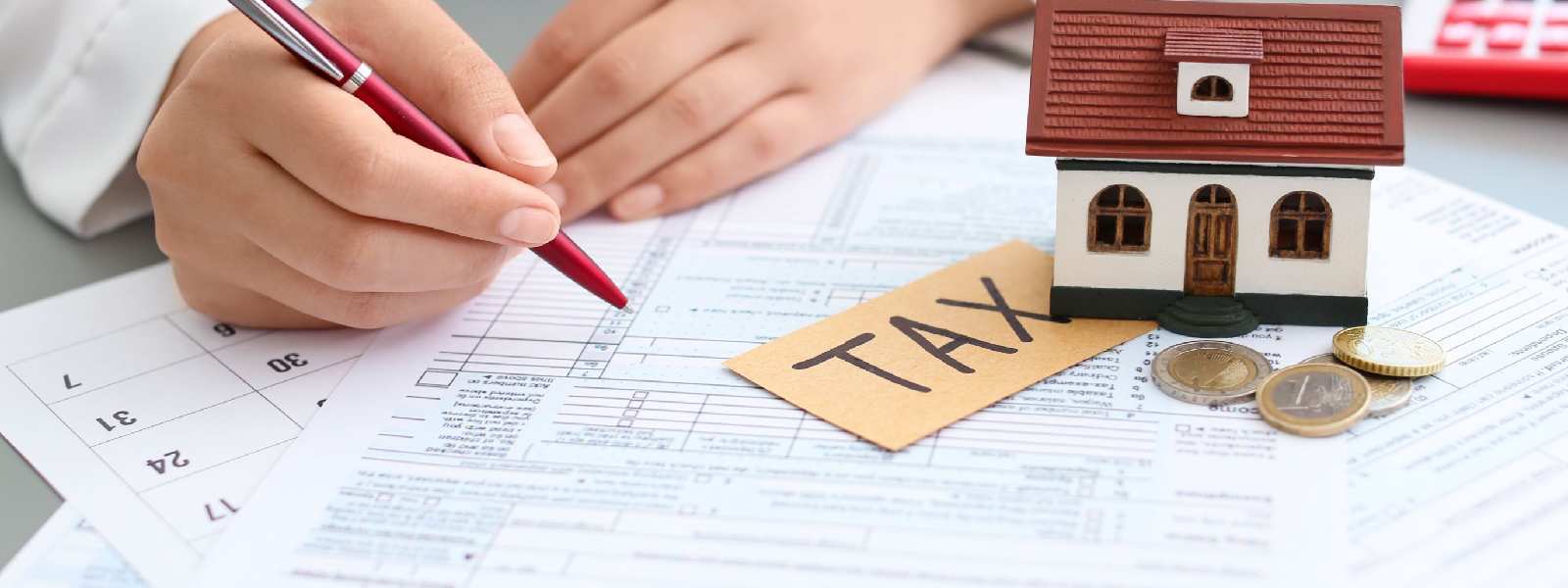When buying real-estate or business assets, understanding Tax principles is imperative to maximizing your returns. One critical concept that often arises could be the Recovery period—a fundamental factor in depreciation planning. Understanding just what a recovery period on taxes is and why it matters may help you produce smarter economic conclusions and improve your Tax benefits.
What Is a Recovery Period?
The Recovery Period is the period of time the IRS enables you to retrieve the expense of particular assets through depreciation deductions. Depreciation is a Tax deduction that advances the cost of an advantage over their of use life, as opposed to taking the whole expense in the entire year of purchase.
Like, in property, residential rental homes usually have a Recovery period of 27.5 years, meaning investors withhold depreciation consistently around that span. Professional homes typically have a lengthier Recovery period of 39 years. Other company assets have different Recovery times depending on their character and IRS guidelines.
Why the Recovery Period Matters for Depreciation
Spreading Out Expenses: Depreciation allows you to allocate the asset's charge as time passes, corresponding expenses with revenue made, which gives a more correct photograph of profitability.
Lowering Taxable Money: Each year, the depreciation volume reduces your taxable revenue, reducing your Tax responsibility and increasing your money flow.
Tax Preparing and Forecasting: Understanding the Recovery Period assists investors outlook Tax deductions and program their finances over the asset's of good use life.
How Recovery Period Affects Your Expense Technique
Long-Term Economic Preparing: A lengthier Recovery Period suggests smaller annual deductions but spreads Tax benefits over many years. This impacts whether you maintain an advantage long-term or provide earlier.
Impact on Cash Flow: While depreciation is a non-cash price, it affects your after-tax income flow really by lowering taxes owed.
Depreciation Recapture Considerations: Whenever you provide home, you might owe taxes on depreciation stated throughout ownership. Knowledge the Recovery Period assists anticipate these costs.
Practical Strategies for Investors
Consult a Tax Qualified: Tax regulations and Recovery intervals can change, therefore it's smart to utilize an expert who is able to allow you to understand depreciation rules effectively.

Hold Detailed Files: Appropriate certification of advantage expenses and depreciation schedules is essential for maximizing deductions and preventing audit issues.
Incorporate Recovery Intervals into Your Financial Designs: Use Recovery periods when evaluating expense results to obtain a true picture of profitability.
In summary, the Recovery Period is an essential factor in depreciation planning that establishes the length of time you are able to take the expense of an asset. Understanding this notion helps investors enhance Tax advantages, increase money movement, and produce informed choices about their house and organization investments.
